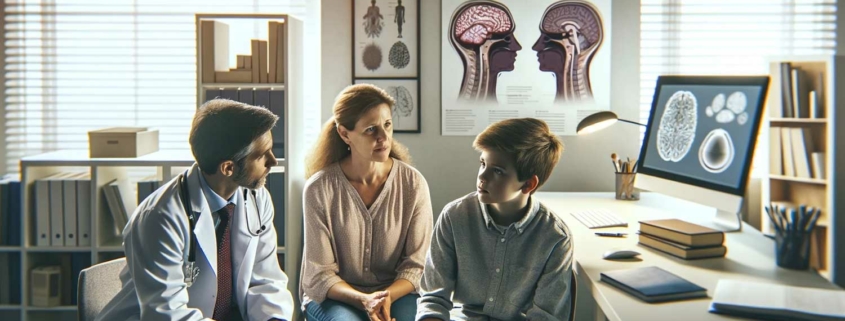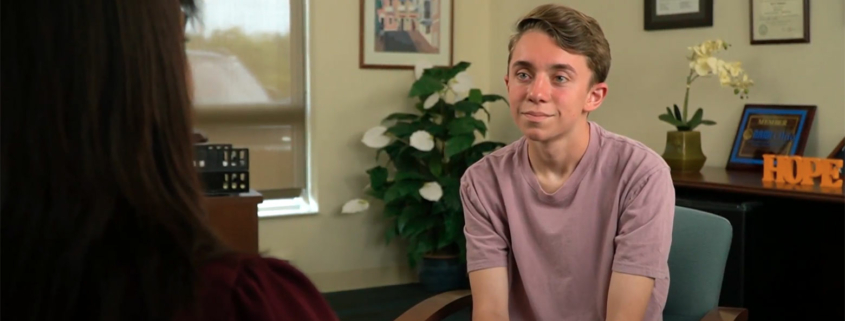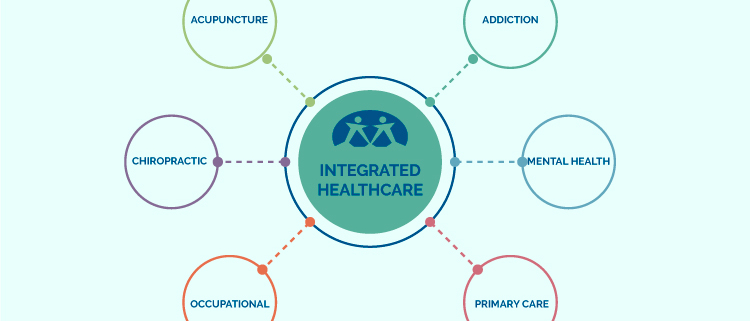The Link Between ADHD and Depression in Adolescents
Depression and Attention Deficit Hyperactivity Disorder (ADHD) are both common mental health conditions that young adults and adolescents experience. However, while they share some common symptoms, they are different things. A diagnosis of ADHD does not automatically mean a depression diagnosis – however, the two are often comorbidities.
Understanding the link between ADHD and depression – and the differences between the two – can help you or your loved one find the proper mental health care needed to manage the symptoms of either disorder.












